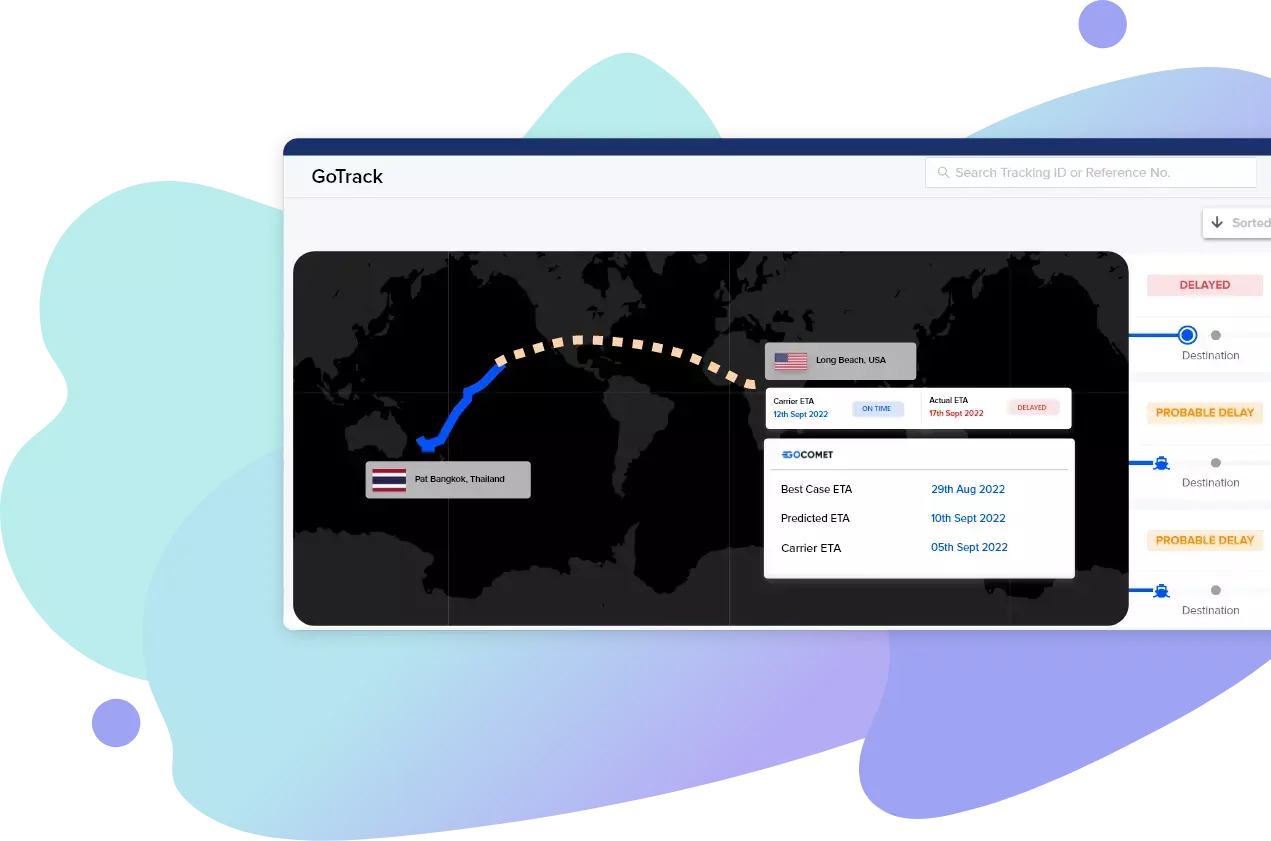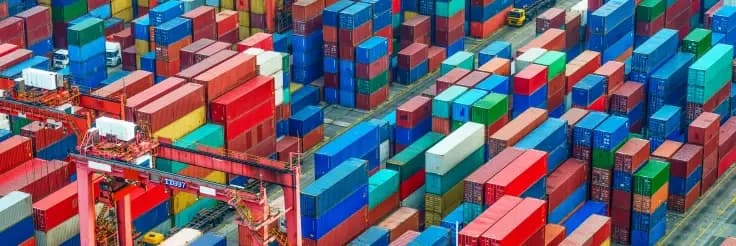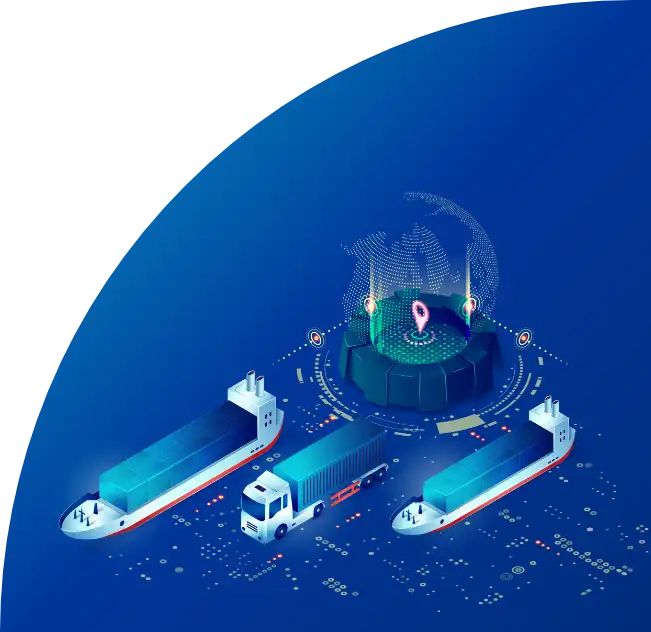Current Port Congestion in Lebanon
Explore how rising container volumes, infrastructure limitations, and regional trade dynamics are influencing operations at Lebanese ports such as Beirut and Tripoli. Use GoComet’s port congestion tool to monitor real-time vessel activity, berthing delays, and cargo flow to improve planning and reduce shipment disruptions to and from Lebanon.
Need access to our entire database?
Ports List
















































































Port Delay by Country
About Lebanon Ports and Congestion
Need weekly report on port congestion for your desired ports?
Feature Insights
Sailing Schedule
63%
shipments do not arrive on-time at Lebanon region
Carrier Spotlight
MSC
has the highest shipments arriving on-time for Lebanon region
GoComet launched revolution!
Stay up to date with live weekly
congestion status of your ports


Navigating port congestion to mitigate 51% of the delivery delays: Case study
In today's globalized world, efficient supply chain management is crucial for businesses to thrive. However, disruptions such as port congestion can significantly impact delivery schedules, leading to frustrated customers and compromised production c...
# blog

Region-Specific Port Congestion Analysis – Quarterly Report
Global port congestion in Q1 2023 has improved significantly from its peak in Q4 2021, but it is still far from normal. The main factors that have contributed to the improvement are the easing of COVID-19 restrictions, the return of some ships to ser...
# blog







Frequently asked questions
How can I check congestion at Beirut Port using GoComet?
GoComet provides live updates on vessel queues, berth availability, and traffic flow at Beirut and Tripoli.Which ports in Lebanon are tracked by GoComet?
The platform monitors both Beirut and Tripoli ports, offering visibility into commercial marine traffic.Can GoComet help reduce scheduling delays at Lebanese ports?
Yes, GoComet’s real-time congestion data supports proactive decision-making and better port call planning.Is GoComet suitable for comparing Lebanon with other regional ports?
Absolutely. GoComet allows congestion benchmarking across Mediterranean and Middle Eastern ports.Who benefits from using GoComet’s tool in Lebanon?
Port agents, shipping lines, freight forwarders, and supply chain planners use it for smarter logistics management.
